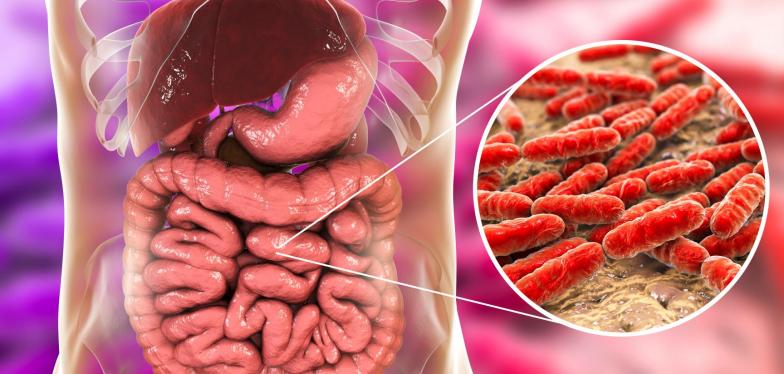Discovery of an intestinal bacterium capable of fighting Type 2 diabetes
In 2006, UCL discovered the intestinal bacterium Akkermansia, which has been shown to have positive metabolic and cardiovascular effects. And the recent discovery of Dysosmobacter welbionis is a scientific first.

We all have billions of bacteria in our gut. They play a role in our digestion but also "talk" to our cells and brain. Dysosmobacter welbionis is known to accelerate the metabolism and fight Type 2 diabetes-related obesity.
70% of 12,000 subjects of all ages and weights from around the world were found to have the low-odour Dysosmobacter welbionis resident in their intestines. Remarkably, those who were severely overweight and also had Type 2 diabetes had fewer of these bacteria. Tests with laboratory mice have demonstrated this process. They are led to develop obesity and Type 2 diabetes by being fed a high-fat diet. However, by adding the bacteria in question to their diet, the mice became less fat, expended more energy and above all no longer developed Type 2 diabetes. Apparently, the number of mitochondria increases and they act as a kind of power station inside cells to burn sugar and fat. And there’s more good news! Some of the molecules produced by the bacteria travel through the body, potentially reducing the risk of other diseases.
If a dietary supplement containing these bacteria comes onto on the market soon, the health benefits will be considerable.